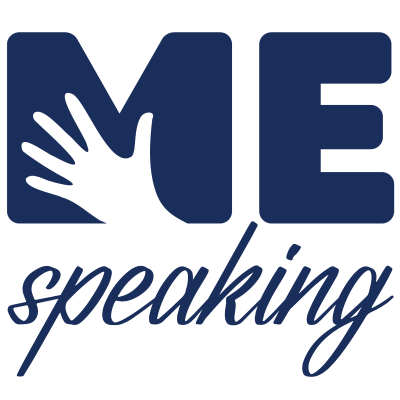Have you ever had a conversation with someone and at some point during that exchange, you realize that you’re actually not having a conversation, rather, you are just throwing sentences at each other that don’t seem to be fully related? Nothing is really sticking.
Neither of you feel satisfied or heard by the other and you can’t quite seem to remember the point of the conversation.
The happens because most people DO NOT listen with the intent to understand. Most people listen with the intent to reply.
What do you think that does to the flow of information and how does it affect the point of that entire exchange? Did you achieve the intent of the conversation?
NO! Although listening to reply is the standard way that most people communicate it’s one of the worst things we can do to a conversation of any kind.

When we listen to reply, instead of really paying attention to what the other person is saying, we are already thinking about what we want to say in response.
It surely is important to have a well-thought out reply, this is where personal insight will come into play, but if you’re thinking about what you want to say instead of paying attention to the words, body language and communication the other person might be expressing, you will miss valuable information. Without that valuable information you won’t be able to process and develop the personal intent necessary to achieve a good reply. All that makes your well-thought reply NOT so well-thought after all, don’t you think?
You may think that’s OK, as long as you say what you think is important, right? All that really matters is that the other person can understand you, right? Well, you may be able to get your point across — or not, if the other person listens the same way you do — but you’re not having a meaningful interaction with the other person. And you are definitely not going to be able to achieve the information flow necessary for that conversation to reach it’s purpose.
I like to think of it like this…
Every word, movement, facial expression, variation in tone, and micro-action are all gifts from the speaker to you, as their listener. That person is offering you their time and effort so that you can better understand them. I think it’s important to show appreciation for this gift by listening to learn and creating purposeful information flow with that person.
One of the most important actions necessary for the best flow of information is the ability to listen.
Here are some tips to assure you are listening to learn and not to reply…

- Practice effective listening by giving that person your full attention and keeping an open mind to what they are saying. This is a huge sign of respect and the key to the very best part of communication.
- Demonstrate interest by taking in information from the speaker. Look for what is correct about what the speaker is expressing and let go of what might be incorrect for now.
- Show the speaker you understand what they are expressing by digesting aloud. Ask questions, chew on the information given and draw from your own related experiences to show you are engaged. Let the listener know how you are processing what they are telling you.
Listening to learn is vital when participating in any conversation and communicating consciously.
